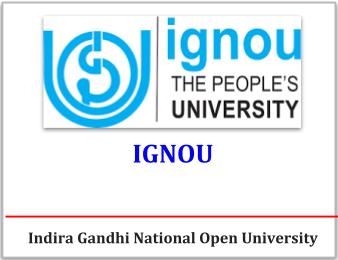IGNOU HISTORY NOTES : India History From 8th to Mid 15th Century - Mughal Theory of Sovereignty

IGNOU HISTORY Study Notes for IAS, UPSC Exams
History India From 8th to Mid 15th Century
Mughal Theory of Sovereignty
Structure
12.0 Objectives
12.1 Introduction
12.2 The Background
12.3 Nature of Cenval Asian Polity: Turco-Mongol Impact
12.3.1 Influence of Turah
12.3.2. Turco-Mongol Concept of Sovereignty
12.3.3 Nature of Political Structure
12.3.4 Custom of Succession
12.3.5 Centre-State Relationship
12.3.6 The Nobility
12.4 The Mughal Theory of State: Its Development
12.4.1 Babur and Hurnayun
12.4.2 Akbar
12.5 Let Us Sum Up
12.6 Key Words
12.7 Answers to Check Your Progress Exercises
12.0 OBJECTIVES
This Unit deals with the evolution and nature of the Mughal theory of sovereignty.
i No polity or state organisation could ever develop in isolation. The study of the present
Unit would enable you to see the varied shades of influences on and *aspects of Mughal
sovereignty in India. After reading this Unit you would be able to lk about:
:I the formative factors and the impact of Persian and Turco-Mongol traditibn;
the concept of sovereignty and the nature of political structure in the ancestral
kingdom of the Mughals; and
the Mughal concept of divine theory of kingship and various remnants of TurcoMongol administration.
12.1 INTRODUCTION
The Indian political thought as well as the Persian and Tmo-Mongol traditions have
attached much importance to the institution of sovereignty for preserving order and
stability of society and for eradicating anarchy and lawlessness. Monarchy was
considered to be the keystone of the medieval polity. Thus according to Abul Fa& "If
royalty did not exist, the storm of strife would never subside, nor selfish ambition
disappear. Mankind being under the burden of lawlessness and lust would sink into the
pit of destruction ..." The nature of the state and complexion of administrative structure
of an Empire were determined largely by the theory of sovereignty and the policies
propounded and pursued by the king himself. A study of the Central Asian theory of
state and its various aspects is, therefore, essential for comt understanding of Mughal
polity.
Click here to download full Chapter
Courtesy: eGyanKosh


